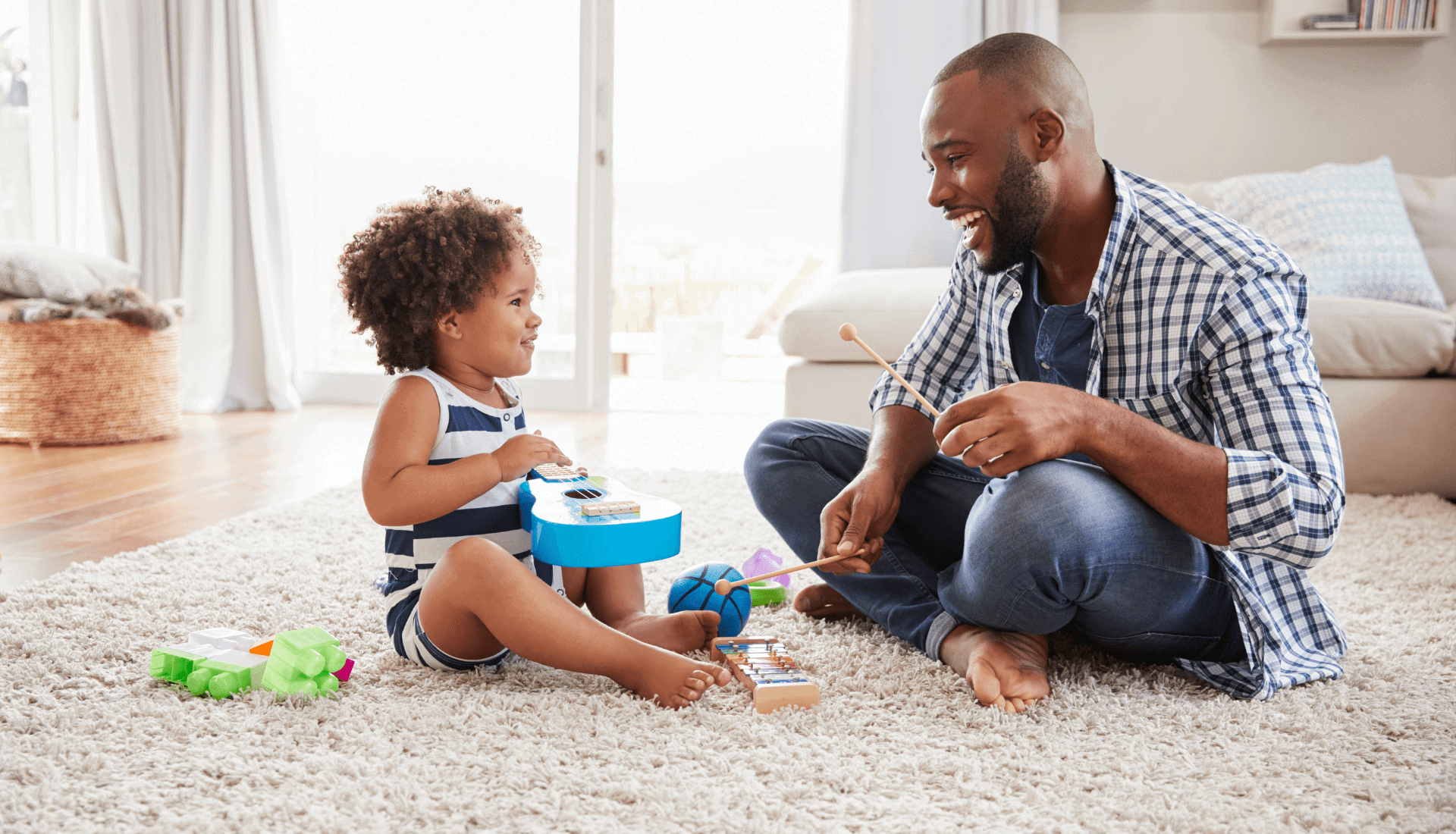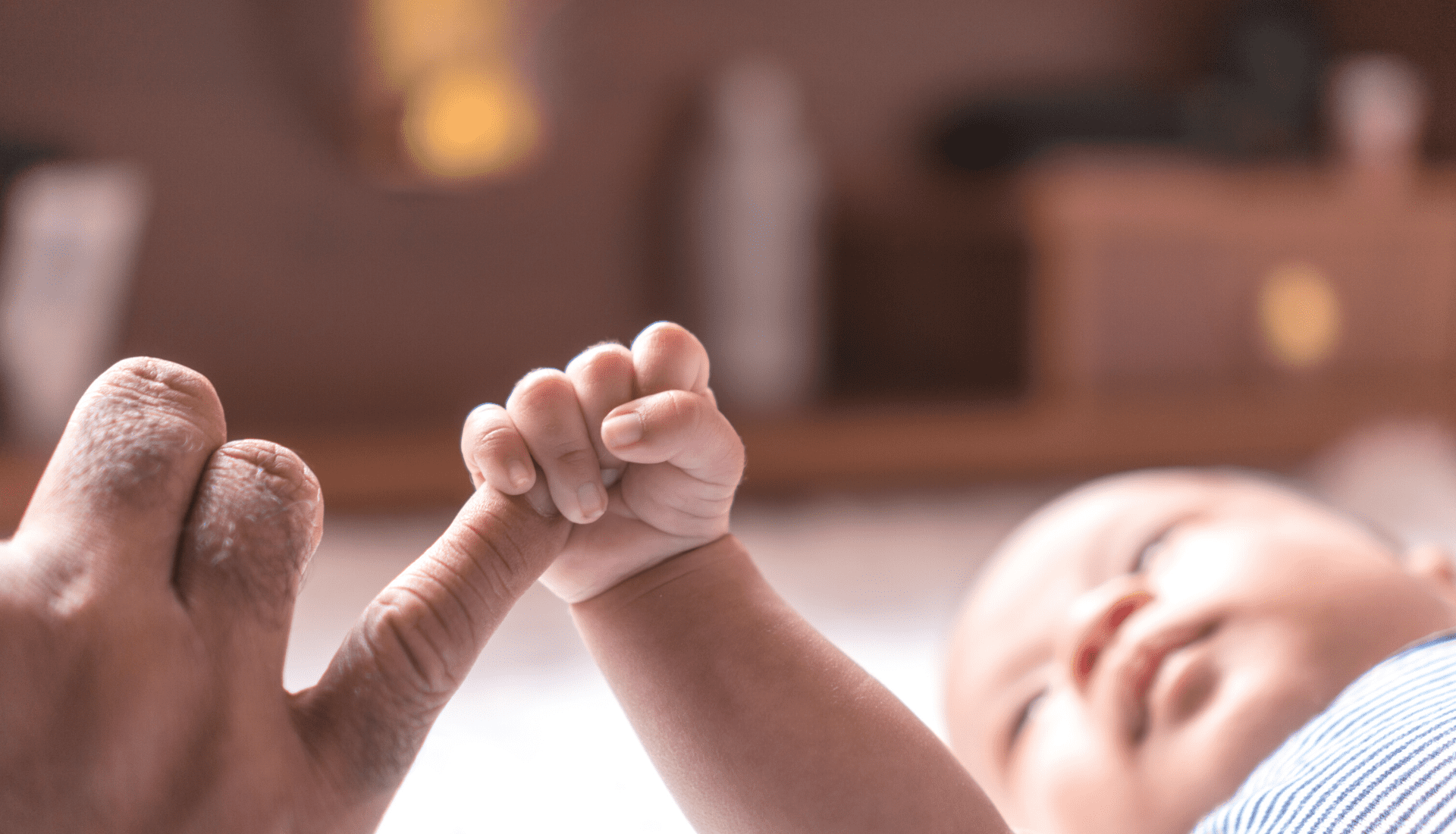You may be wondering just how your new newborn is interpreting the world around them. We know that it’s easy to stress out about every little detail and reaction of the child, but take a deep breath and take your time in trusting that your child will explore the world around them at its own pace.
How about the hearing from day one? Your baby actually starts hearing sounds while in the womb, but for the most part everything sounds like it would if you were underwater. “Newborn babies can hear fairly well, but not perfectly. The middle ear of a newborn is full of fluid and this impairs hearing to a small extent. Additionally, the entire hearing apparatus is somewhat immature. That’s why newborn babies respond best to high-pitched, exaggerated sounds and voices” states Web MD.
Pay Attention to Hearing Development
When attempting to track the growth of your baby, there are some elements that you may recognize along the way. “Babies with normal hearing should startle in response to loud sounds. These babies will also pay attention to the mother’s or father’s voice. And they will briefly stop moving when sound at a conversational level is begun. Newborns seem to prefer a higher-pitched voice (the mother’s) to a low sounding voice (males). They can also tune out loud noises after hearing them several times.”
You know that we always love to focus on all things related to sound, always rooting for all the perks and benefits, but let us not forget about the importance of silence itself. Just like any human at any age, a baby must have an opportunity to simply sit still, without constant stimuli. This should help to calm the child and allow him/her to find how it feels to self soothe and be still in the moment.
There are a few specific goalposts to be on the lookout for when trying to ensure proper development and growth for your child. Kids Health gives us a few pointers “Most newborns startle or “jump” to sudden loud noises. By 3 months, a baby usually recognizes a parent’s voice. By 6 months, babies can usually turn their eyes or head toward a sound. By 12 months, babies can usually imitate some sounds and produce a few words, such as “Mama” or “bye-bye.”
Foster a Sound-Healthy Space
Go easy on the environment around your child, no matter the age. Even for yourself and the older adults living in your home, it’s crucial to realize that if you constantly have the television playing all day long or even while you sleep, you may be soaking up all of that stimulation and it may be affecting you a lot more than you think. Even if you think background sound and/or music is just that, it’s not the case. You’re still interpreting and processing all stimuli that is occurring in the “background” of your focus.
Create a space in your home where you’re able to be a safe haven from the outside chaos. Make use of fountains throughout your home, both inside and outside and attempt to insulate and soundproof your home, should you be close-by to a noisy neighborhood. Allow nature to incorporate its sounds into your home or garden, as often as possible. Your child will love the bird’s songs and begin to become familiar with the dense and populated world around them.





